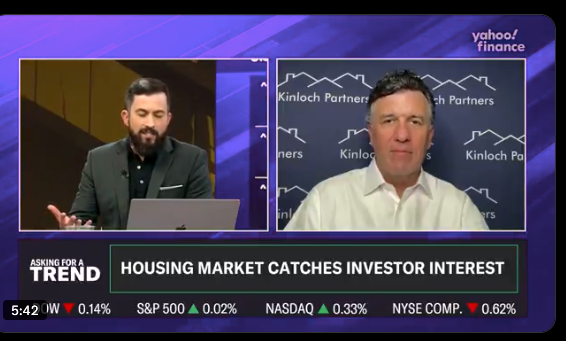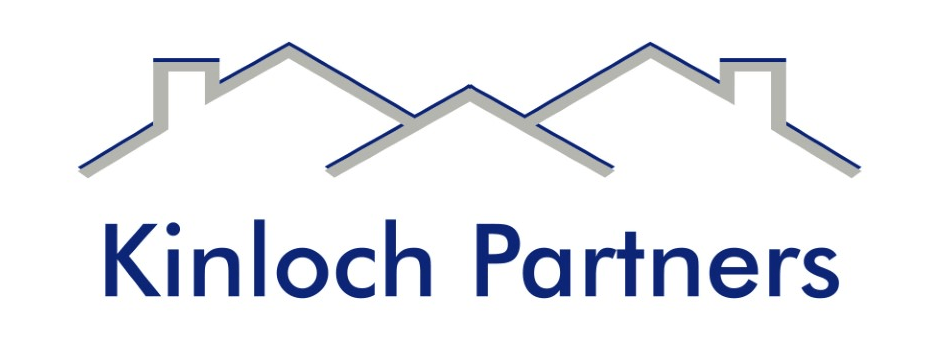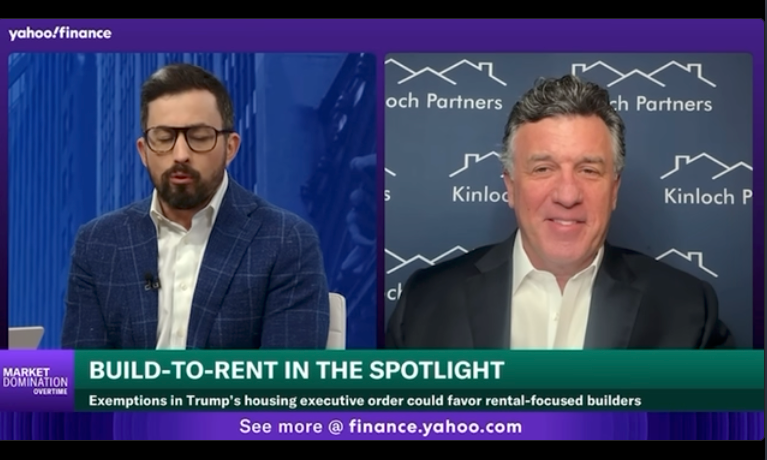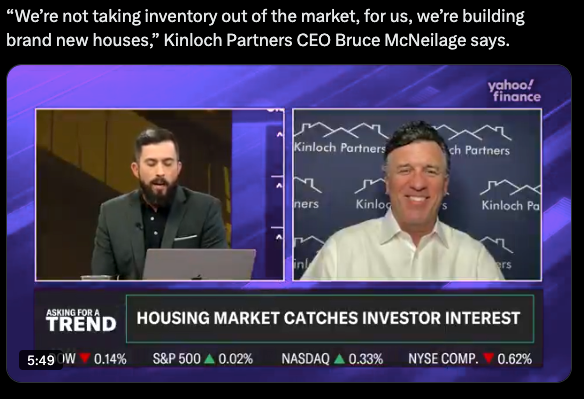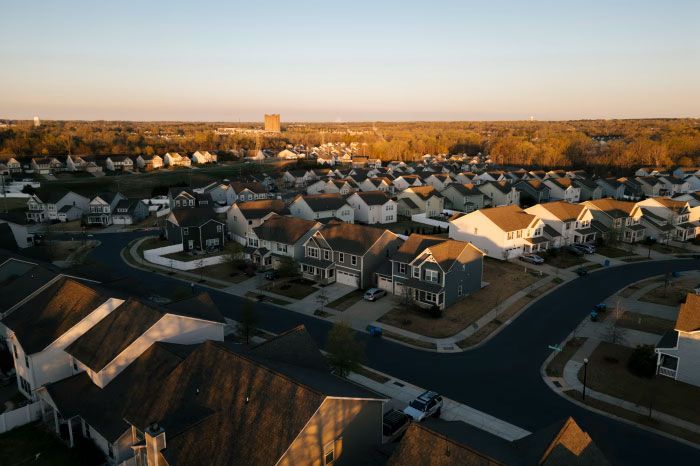How Housing Will Change Now that Millennial Buyers Dominate the Market
Original story: https://thinkrealty.com/housing-will-change-now-millennial-buyers-dominate-market/
The millennials are about to arrive in force on the national housing market, and, as usual, they are about to change everything. The first “fully digital” generation (although not all were raised on electronic devices like Gen Z) is emerging, finally, as a force to be recognized in housing. 10 years ago when the housing market crashed, many analysts predicted millennials, who were just coming of age during the financial crisis and the Great Recession, would become nomadic, opting to be risk-averse, rent instead of buy, and generally avoid homeownership as a result of watching their parents struggle with delinquent home loans and foreclosures.
Not surprisingly to most economists, however, millennials are, like their predecessors, warming up to the idea of owning homes. In fact, millennials have been the largest generational group of homebuyers (36% in 2018) for years now, although they have not necessarily wielded the most home-buying wealth (baby boomers still boast the highest median household incomes). As a result of this emerging influence over the real estate market and national issues with affordability in the “starter-home” tier of many major markets, millennials are changing not only what they want in a home they will own, but also the face of housing on multiple levels. In fact, millennial preferences in luxury housing and their definitions of said housing are playing a role across the spectrum in new construction, multifamily development, and single-family rentals and retail sales.
First-Time Homebuyers with “Move-Up” Taste
“The average millennial may not even buy a house until their mid-30s,” observed Bruce McNeilage, CEO and founder of Kinloch Partners and a southeastern developer dedicated to creating affordable housing options that are also attractive to this new generation of buyers. McNeilage invests in single-family rental properties that, on principle, he will sell to his tenants at any time, as well as building condo developments designed to be highly affordable to first-time homebuyers in the Nashville, Tennessee, area. The first of those condo developments, Solo East, was the fastest-selling project in Nashville’s history. McNeilage and his partners pre-sold the properties for $500 down.
“The buyers essentially created about $50,000 in equity at closing,” McNeilage noted, adding that a key part of appealing to this buying demographic is to offer certain “luxury” upgrades as standard. “When they see a product like Solo East or, now, Solo North, our latest development in the works, with granite countertops and stainless-steel appliances that is also less expensive in terms of the monthly payment than renting, those buyers are motivated to act, and act fast,” McNeilage explained. He noted younger millennial buyers, who are more likely to invest in condos instead of renting or buying single-family homes, find wood floors, tile bathrooms, and recessed lighting highly appealing. Solo North will also be gated, McNeilage said, adding to the luxury feel while retaining that highly affordable price tag (one-bedroom units start at $199,000 while median condo prices a year ago hovered well above that and are still climbing).
Reaching New Buyers with Build-to-Rent
For “senior millennials,” those already in their mid-30s, build-to-rent (BTR), buy-anytime properties may be more appealing than condo living, however. McNeilage observed for these buyers, “We buy or build brand new houses, rent them out, and those residents know they can buy any time. We also try hard not to raise our rents often, if at all.” Many residents stay in place for seven years or more despite being on month-to-month leases in many cases.
“I don’t like to hold anyone hostage. If you qualify for a mortgage and you want to buy your house tomorrow, I want you to do it,” he said. This also makes McNeilage’s developments highly attractive acquisitions for institutional investors, since most of the developments have a great deal of potential value thanks to their below-market rents. “By keeping rent payments low, we help our residents save money. They have a chance to save, to clean up their credit, to keep a job and to make that down payment. Every single thing I own is for sale at any given moment,” McNeilage said.
The BTR sector is emerging as a powerful new division of the real estate industry, with funding giants like CoreVest creating new , custom financing programs specifically for the developers of new rental property projects. The funding program targets seasoned investors seeking between $3 and $25 million in funding and offers long-term financing once the projects have stabilized. CoreVest , which prides itself for its position on the leading edge of financing, and similar financing services often serve as bellwethers for the housing sector since their new-product focus may indicate where “the smart money” is, literally, heading in the near future.
